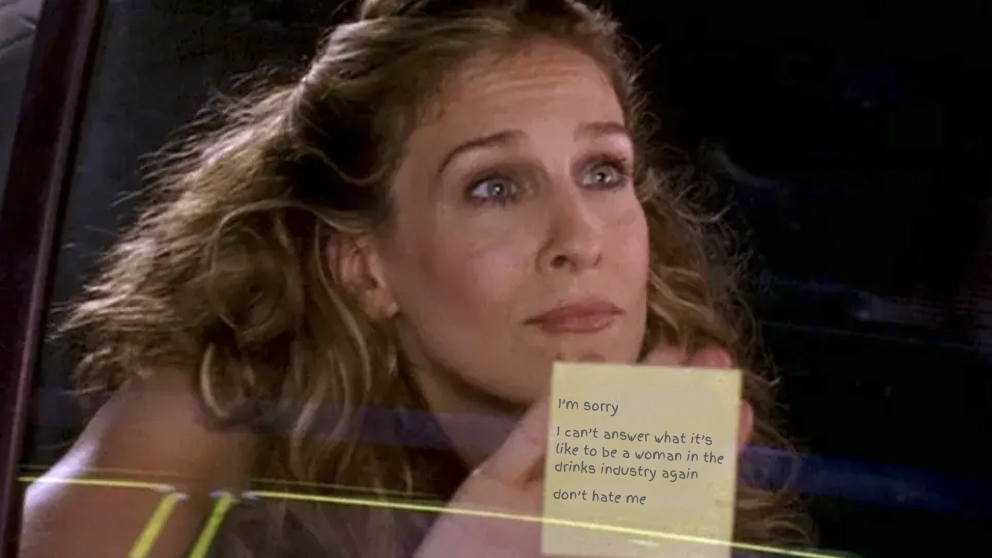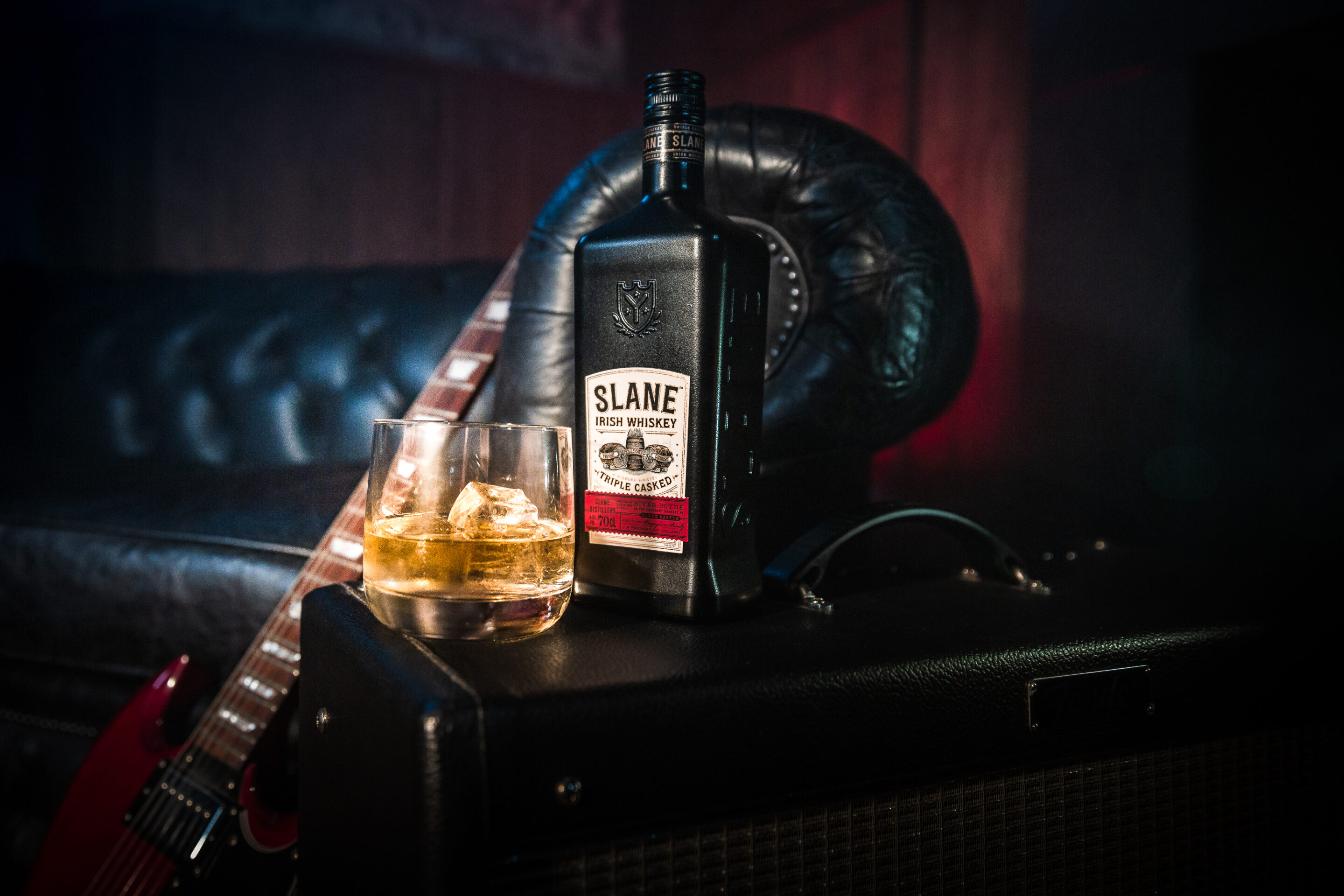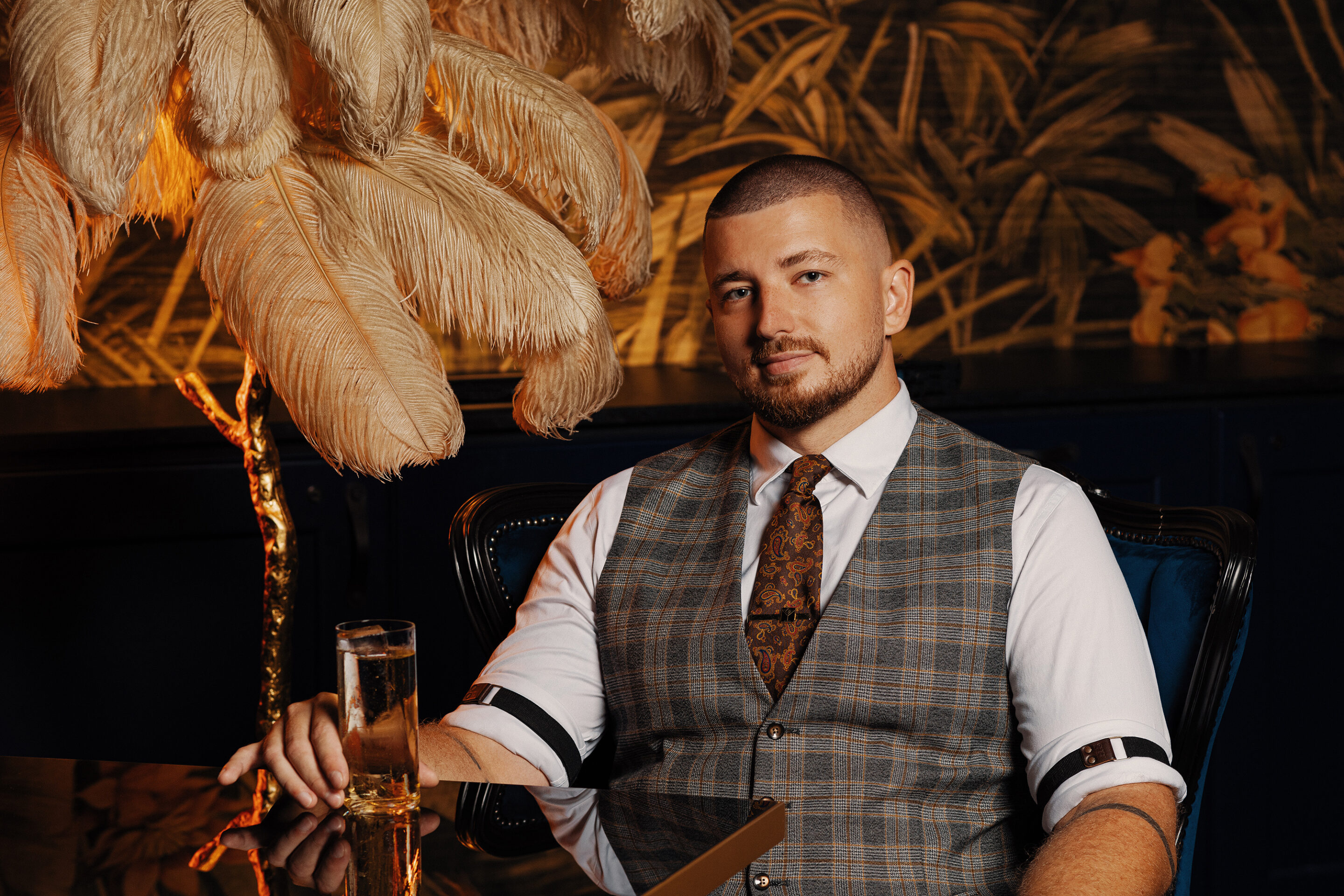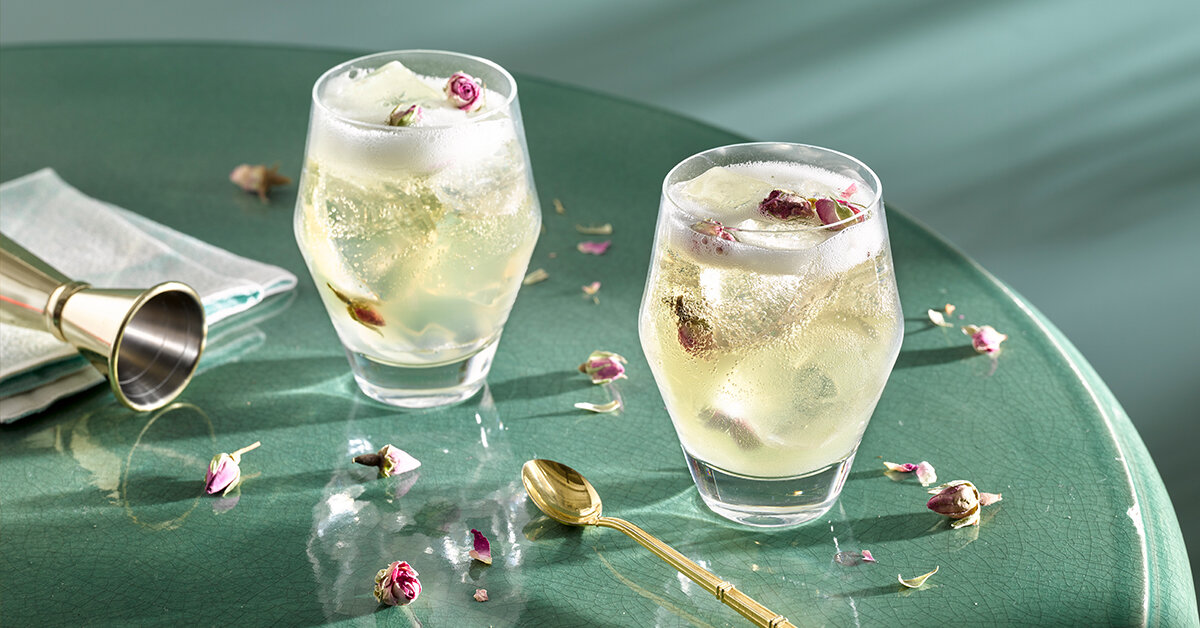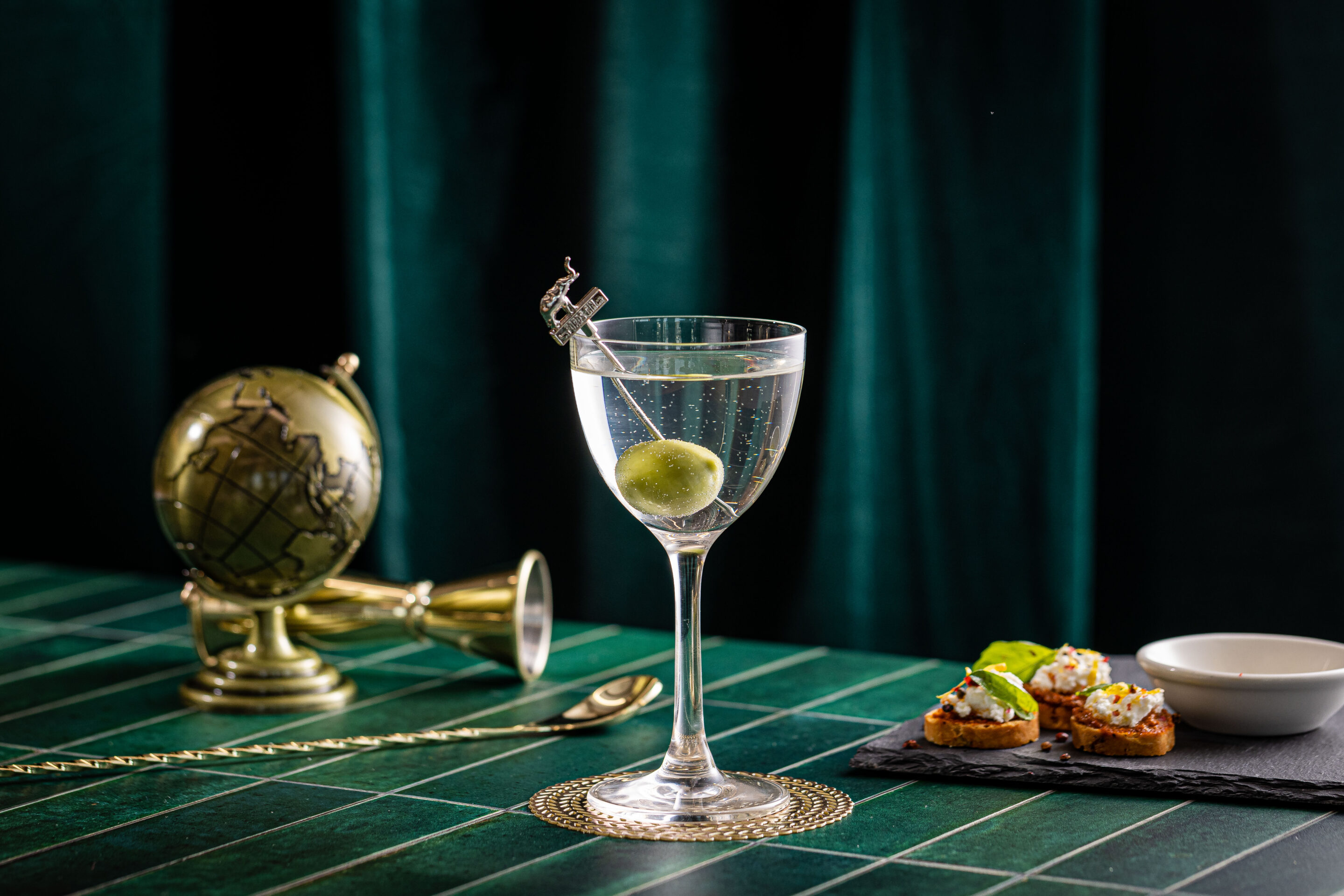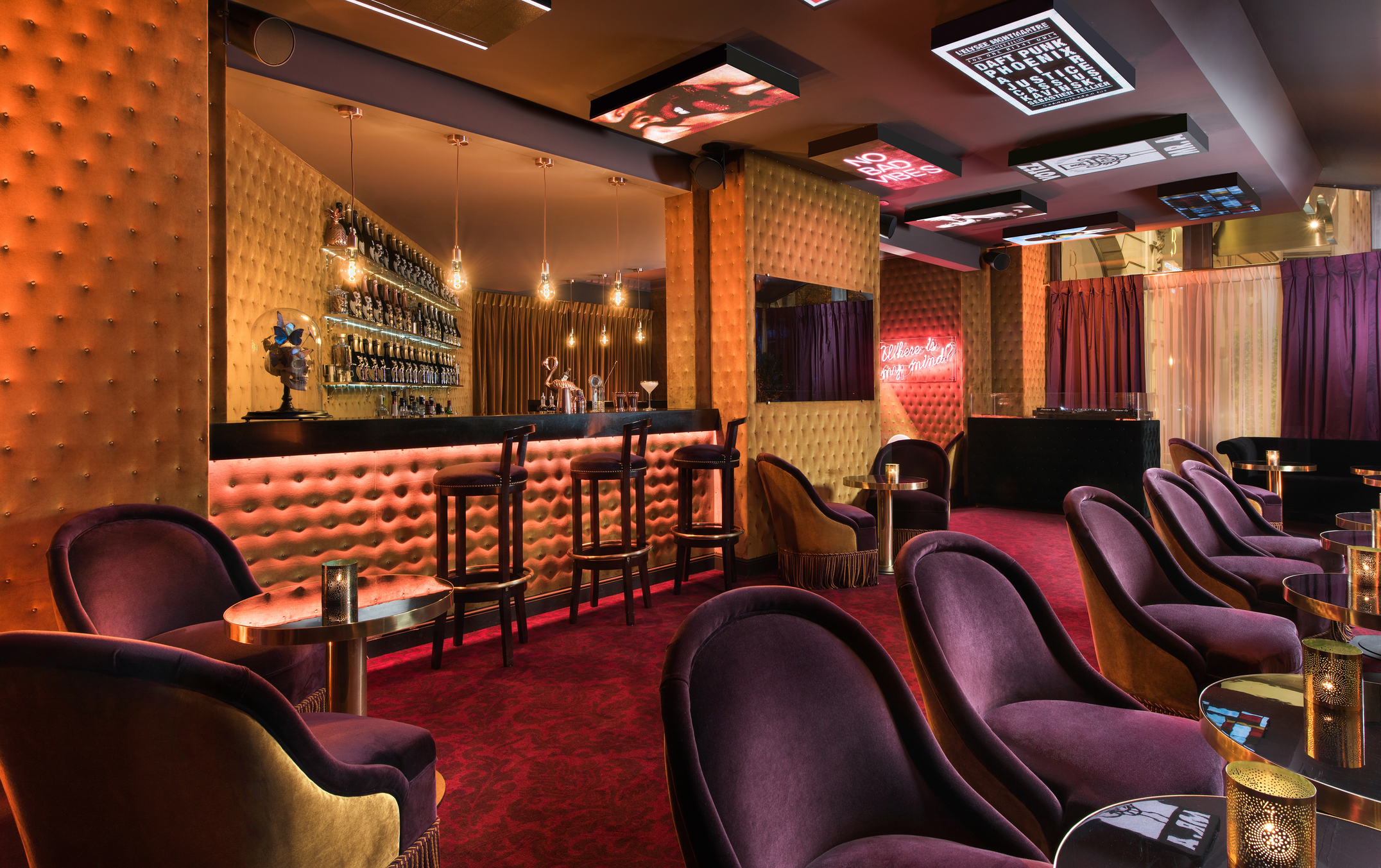Two weeks out from the 8th of March, the rumblings start. Companies with no women on their senior leadership team hastily pull together panel events. Brands who have no shame in their gaping pay gap for 364 days of the year rush to get a social post scheduled. Women at the top of their game shake off the cloak of imposter syndrome and blink into the sun of acknowledgement.
Each year, it becomes harder not to feel a little *melting emoji* about the day, especially when you look into whether the previous year was actually a good one for equality. The Gender Snapshot, the annual review by UN Women and the UN Department of Economic and Social Affairs says… uh, a bit? The publication analyses the current state of equality across 17 Sustainable Development Goals (SDGs). For SDG 5, which is the Gender Equality Goal, just two indicators have neared their targets at the halfway point of UN’s goal of achieving total gender equality by 2030.
While the gender equality gap is entrenched across the board, the aperture in power and leadership positions is one particularly close to our hearts. RHC is a female-led agency with a 90% female team working across multiple male-dominated industries. At its current – glacial – pace, equality in top positions worldwide is projected to take 131 years. In 2022, we were 132 years away. So progress? Or is that simply the slow passing of time?
If you identify as a woman and work in the drinks and hospitality industry – alongside the jokes about how you probably don’t like whiskey and the casual sexism – you have no doubt been asked at some point, “what is it like to be a woman in a male-dominated industry?” In 2023, according to Women of the Vine & Spirits (WOTVS) & Deloitte’s Women Raising the Bar Study, 1 in 10 women working in the alcohol industry believe there has been significant positive change towards female employees over the past five years. But that figure simply means that 9 in 10 don’t agree.
What if this year, instead of spending more time asking women what it’s like to be a woman in a man’s world, we spend our investing in incremental change, starting with the questions we ask.
For Julie Reiner, Drink Masters host and co-owner of Milady’s, this is removing the underlying tone of surprise that she was a woman who was creating great cocktail experiences for New Yorkers, “just talk to me about the work I was doing… the need to point out my gender was unnecessary.”
Rebekkah Dooley, Director, RD Comms notes that “this is still an important conversation to be had,” but agrees that the “question is outdated.” “We all have a long way to go for gender equality in the drinks industry,” she continues. “We still have award ceremonies where every bartender nominated is male, and bars that only have men behind the bar.” Celina Perez, Head Distiller at Great Jones Distilling Company, adds “I’ve been in the spirits industry for 12 years, and people still don’t believe that it’s a woman making their whiskey.” But when it comes to the relevance of our gender affecting our career progression, Rebekkah echoes our sentiment, “My gender is not the most interesting part of me – it’s probably one of the least interesting.”
Siobhan Payne and Hannah Sharman-Cox, co-founders of London Cocktail Week & The Pinnacle Guide, point out that on their side of the bar, those looking over it, there’s a lot more parity when it comes to decision-making positions, however when it comes to behind the stick, they echo Rebekkah. “We wish people would ask ‘what can we do to bring, and more importantly, keep more women+ into the bar industry’. If there was more conversation and tangible support when it comes to safety and work-life balance for working bartenders, then maybe we would start to make larger strides towards greater equity.”
Dooley continues, “I’d also like to have the difficult conversations around who’s doing what to drive change” and Anna Sebastian, founder of Celebrate Her, agrees, “I wish people would ask, ‘what can men do to make the change and be better allies’. For so long, inequality has been put on women to solve the issue but it goes beyond that and we need men to start making significant changes.”
“Small changes that lead to movements is the way forward,” Anna continues, “everything from paying your teams equally and pushing for women to have a seat at the table; elevating their voices, creating a safe environment to work in and calling out bad behaviour, sexism and the typical “lad culture” you can often find in male-dominated workplaces – to language use and how job descriptions are written.”
Instead of relying on the same question International Women’s Day-in, International Women’s Day-out, (“frustrating as hell” – Julie Reiner), let’s remember that the majority of people you’re asking don’t know what it’s like being anything other than a woman in this business. “That question always baffles me somewhat,” says Becky Davies, founder of Pod Pea Vodka. Becky finishes, “go for something deeper instead, something designed to extract valuable insight from our leaders”.
Jillian Vose, brand ambassador and partner for Badger Bevs, would like to be asked “What tools and practices were beneficial to your growth in the industry, and what hasn’t been?” Amy Holmwood, Co-Founder of Holistic Spirits Co. wishes people would ask about “the changes that women who are in positions of power are doing to open more doors for women to lead, and what motivates them to keep pushing the proverbial boulder uphill.” Chef Fer Serrano, Executive Chef of the Penny Williamsburg notes, “I’d like to be asked ‘what impact would you like to make in the industry’, and use this to address some of the other very real dangers hospitality staff face all over the world, such as maintaining mental wellness and a good-work life balance.”
Anna Altieri, Executive Chef at Spiegelworld, wants us to revisit the legacy makers in our industry who happen to be female and look at what they have taught us, “people like Alice Waters, Julia Child, and Leah Chase, who have taught us how to be creative, resilient, and compassionate in a tough business.”
Encouraging conversation around what a diverse team brings to a business is a topic that is close to the heart of Becky Davies from Pod Pea Vodka and Ten Locks in the UK. Having the traditional ‘soft skills’ that the majority of women are almost brainwashed to hone (but simultaneously shamed for), in the boardroom and beyond can benefit everyone. “Women have often spent their whole lives being told to be polite, not bossy, not too competitive, to speak when spoken to and to be humble. Whereas boys were taught to be strong, assertive, confident and driven. While obviously soft skills are a spectrum, you need both ends in a business setting for a thriving team.”
Julie Reiner echoes this sentiment, noting that “[I] had to work twice as hard and grab every opportunity that came my way, and do it without being threatening to the people around me– particularly a challenge for me because I have no filter and excel at pissing people off!”
The truth of the matter is being asked the same question over and over again is frustrating as hell (to use Julie’s words again), so for International Women’s Day, and the other 364 days of the year, let’s add a bit of diversity, to interviews… and beyond.
